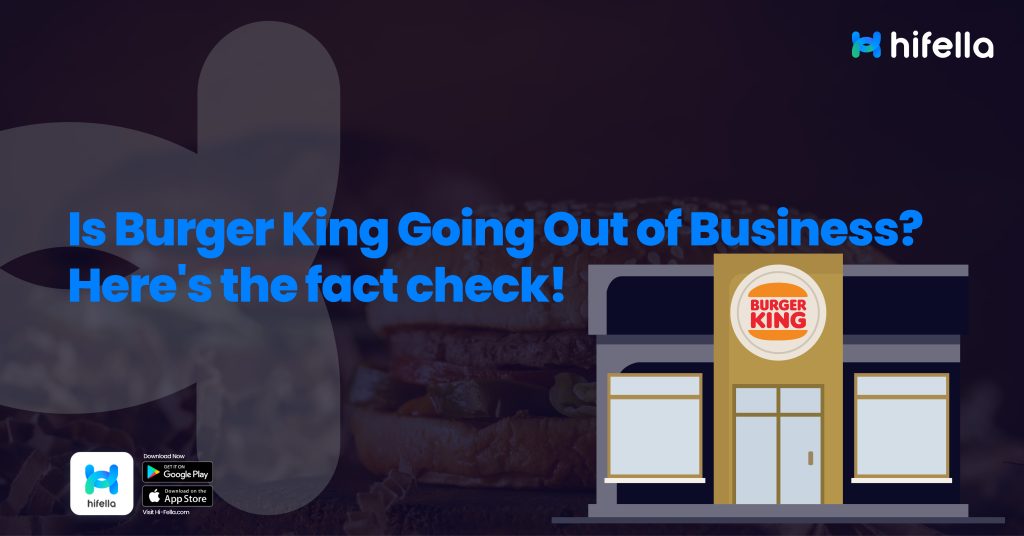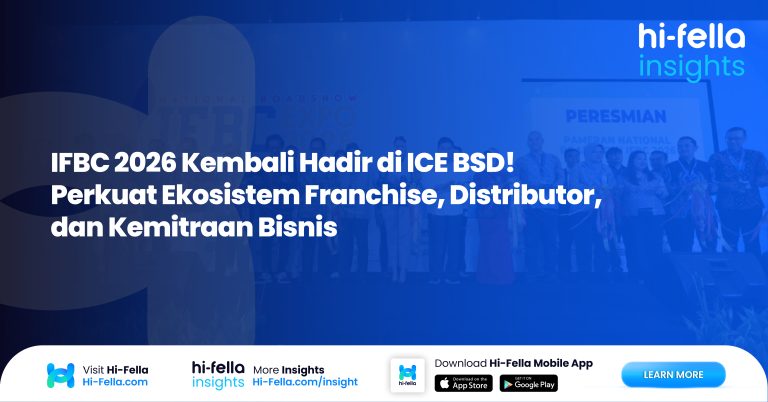Is Burger King going out of business? This question has been on the minds of many fast-food fans lately.
Fast-food chains like Burger King are under a lot of pressure due to changing customer tastes, growing competition, and shifts in the market. Because of this, there have been rumors about whether Burger King might be closing down.
Is this well-known brand really at risk of shutting its doors? Let’s take a closer look at Burger King’s current situation, the challenges it’s facing, and what the future could look like for the company!
Overview of Burger King’s Business Status
Many customers are asking, Is Burger King going out of business? The answer is more complicated than it seems. Burger King is still a major player in the fast-food world, with thousands of restaurants worldwide.
However, the company has been facing some financial challenges, and there have been rumors about store closures in certain areas.
Although Burger King is not going out of business, several issues have caused uncertainty, making people question its long-term future.
Financial Challenges and Market Trends Facing Burger King
Burger King’s parent company, Restaurant Brands International (RBI), has had ups and downs in recent years. The COVID-19 pandemic and rising inflation have hurt their profits, with increased costs and supply chain problems affecting business. While fast-food sales have improved in many places, competition from McDonald’s and Wendy’s remains tough.
In 2023, Burger King began restructuring to cut costs and shut down underperforming locations in certain markets. Franchise owners are also struggling with higher operating expenses, making it harder for them to stay profitable.
Burger King, like many other fast-food chains, has faced several financial challenges. These include:
- Rising costs
Increased prices for ingredients, labor, and rent have put pressure on profit margins. - Changing consumer preferences
Health-conscious consumers are seeking healthier options, which can impact sales for traditional fast-food chains. - Intense competition
The fast-food industry is highly competitive, with rivals like McDonald’s, Wendy’s, and Taco Bell constantly vying for market share. - Financial Performance
Burger King’s financial performance has fluctuated over the years. While it has experienced periods of growth, it has also faced challenges, including store closures and declining sales in certain markets.
To assess Burger King’s financial health, it’s essential to examine its financial reports, including income statements, balance sheets, and cash flow statements. These reports can provide insights into the company’s revenue, expenses, profitability, and overall financial stability.
How the Fast-Food Industry is Evolving
The fast-food industry is going through major changes, driven by a few key trends:
- Healthier Options
Many fast-food chains are adding healthier choices to their menus, like salads, grilled chicken, and plant-based items. This is to appeal to health-conscious consumers who are looking for better-for-you meals.
- Digitalization
Fast-food companies are putting more focus on mobile apps, delivery services, and digital marketing. These technologies make ordering easier for customers and help boost engagement with the brand.
- Customization
Is Burger King going out of business? Recent menu innovations suggest they are fighting to stay relevant.
More customers want personalized meals, so fast-food places are offering “build-your-own” options. This lets people create their own burgers or meals based on their tastes.
What Are Burger King’s Strategies to Stay Competitive?
Burger King is using several approaches to keep up with the competition:
- Menu Innovation
Burger King is regularly introducing new items and limited-time offers to attract new customers and keep current ones interested. These changes keep the brand fresh and relevant.
- Technology Advancements
The company is using digital tools like mobile apps and self-order kiosks to improve the customer experience. This makes ordering faster and more convenient for people.
- Partnerships and Collaborations
Burger King is teaming up with other companies to create unique products and promotions. A great example is their partnership with Tim Hortons, which helped bring new, exciting menu options to customers.
Case Studies of Similar Fast-Food Chains and Their Revivals/Decline
Looking at other fast-food chains’ successes and failures can give us clues about Burger King’s future:
- McDonald’s
McDonald’s successfully reinvented itself by making changes to its menu, embracing digital ordering, and focusing on improving the customer experience. These efforts have helped McDonald’s stay competitive and grow even stronger.
- Quiznos:
On the other hand, Quiznos faced a major decline because it didn’t keep up with trends. Their menu became outdated, and they struggled with operational challenges. This led to many store closures and a shrinking customer base.
What Does the Future Hold for Burger King?
The future of Burger King is uncertain, but the company’s ability to adjust to new market trends and changing customer preferences will be critical for its long-term success. Several key factors will influence how Burger King moves forward:
1. Consumer Behavior Changes
People are becoming more health-conscious, and there’s growing demand for healthier food options. Burger King needs to continue offering items like plant-based burgers and salads to meet these expectations.
Additionally, digital experiences like mobile ordering and delivery services are becoming increasingly important to consumers.
2. Competition Analysis
Burger King faces stiff competition from major players like McDonald’s, Wendy’s, and Taco Bell. These rivals are also innovating and adapting to new trends, which means Burger King will need to stay on top of market changes and respond quickly to what its competitors are doing.
3. Economic Conditions
Economic factors, such as inflation and consumer spending habits, will play a big role in the future of the fast-food industry.
When people have less money to spend, they tend to cut back on eating out, which can affect Burger King’s sales. The company will need to offer affordable meal options to remain attractive to budget-conscious customers.
4. Industry Trends
New trends in the fast-food industry, like plant-based meals and delivery services, are gaining momentum. Burger King has already introduced plant-based options, but it will need to keep innovating to stay relevant.
The brand’s focus on technology, such as improving digital ordering systems, will also be a key part of staying competitive.
Explore New Opportunities in the Fast-Food Industry with Hi-Fella
Many wonder, Is Burger King going out of business? The answer involves various market dynamics. The fast-food industry is changing fast due to shifting customer preferences, tough competition, and economic challenges.
Companies like Burger King need to keep up with trends like healthier food options and digital ordering to stay competitive. Although the future is uncertain, adapting to these changes will be key to success.
During uncertain times, it’s important to find new business opportunities. Hi-Fella is a great platform to connect with suppliers and buyers in the fast-food industry. Whether you want to grow your business or find new partners, Hi-Fella can help you discover the right opportunities to succeed.








